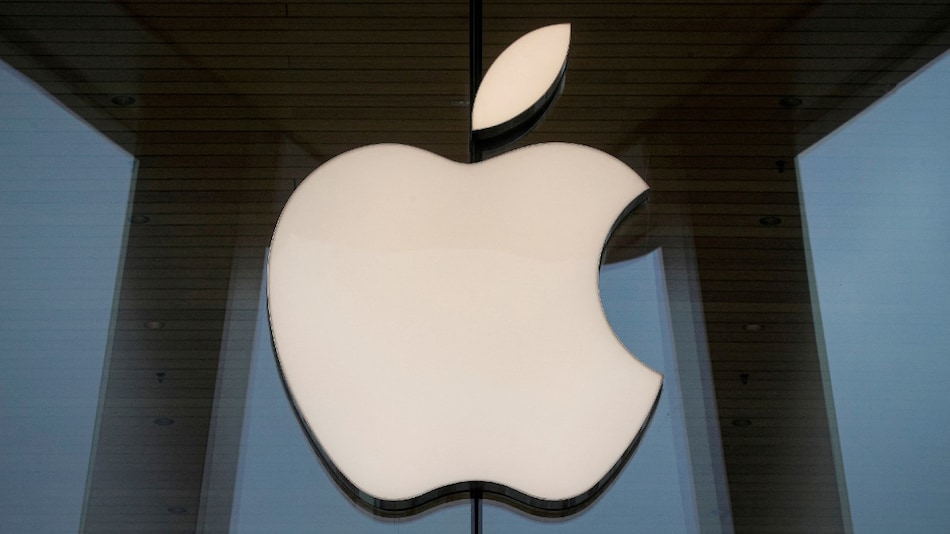According to reports, iPhone models released in 2023 and 2024, including the iPhone 15 and iPhone 16, will continue to use Qualcomm’s recently announced Snapdragon X70 chipset and the yet-to-be-announced Snapdragon X75 modem. Upcoming iPhone models over the next two years are expected to debut without Apple’s 5G modem, which is said to be in development. The Qualcomm X75 is expected to be manufactured on TSMC’s 4nm process and is designed to contribute to improved power efficiency. In early June, another analyst had said that Qualcomm would continue to be the exclusive supplier of 5G modems for new iPhone models released in 2023.

According to a research report by Haitong International Securities analyst Jeff Pu, the iPhone 15, which may launch in 2023, and the iPhone 16, which is expected to launch in 2024, may be equipped with Qualcomm X70 and X75 modems, respectively. The company has been trying to develop its own 5G modems in recent years to reduce its reliance on Qualcomm as a supplier.
Tianfeng International Securities analyst Ming-Chi Kuo previously pointed out that the iPhone models released in 2023 will use Apple’s own 5G modem chips, leaving Qualcomm with only 20% of the supply share. However, according to a tweet from Kuo, those efforts may have “failed” to deliver on time, meaning that 100% of the supply share of 5G modem chips or Apple’s iPhones would be reserved by Qualcomm.
The iPhone 15 models expected to launch in 2023 will feature Qualcomm’s latest Snapdragon X70 modem, which was announced by American Semiconductor in February. The Snapdragon X70 modem supports download speeds of up to 10 Gbps and adds artificial intelligence to improve average speed, coverage, signal quality, lower latency, and up to 60% power efficiency.

According to forecasts, Apple’s own 5G modem chipsets may not be installed on iPhone models until 2025, a two-year delay from previous forecasts. According to earlier reports, Apple is planning to partner with TSMC to produce the company’s own iPhone 5G modem chips for future smartphones. The modem is said to be designed and tested at 5nm before mass production at 4nm in 2023.
Apple acquired Intel’s 5G modem unit in 2019 after Qualcomm and Apple agreed to end a costly patent dispute over modem technology, and Qualcomm received more than $4 billion (about 298 billion rupees) as part of the settlement.
Read more articles: https://www.facebook.com/RedTomElectronics/
If you have more ideas to discuss with us, welcome to join our Apple Fans Club on Facebook.






